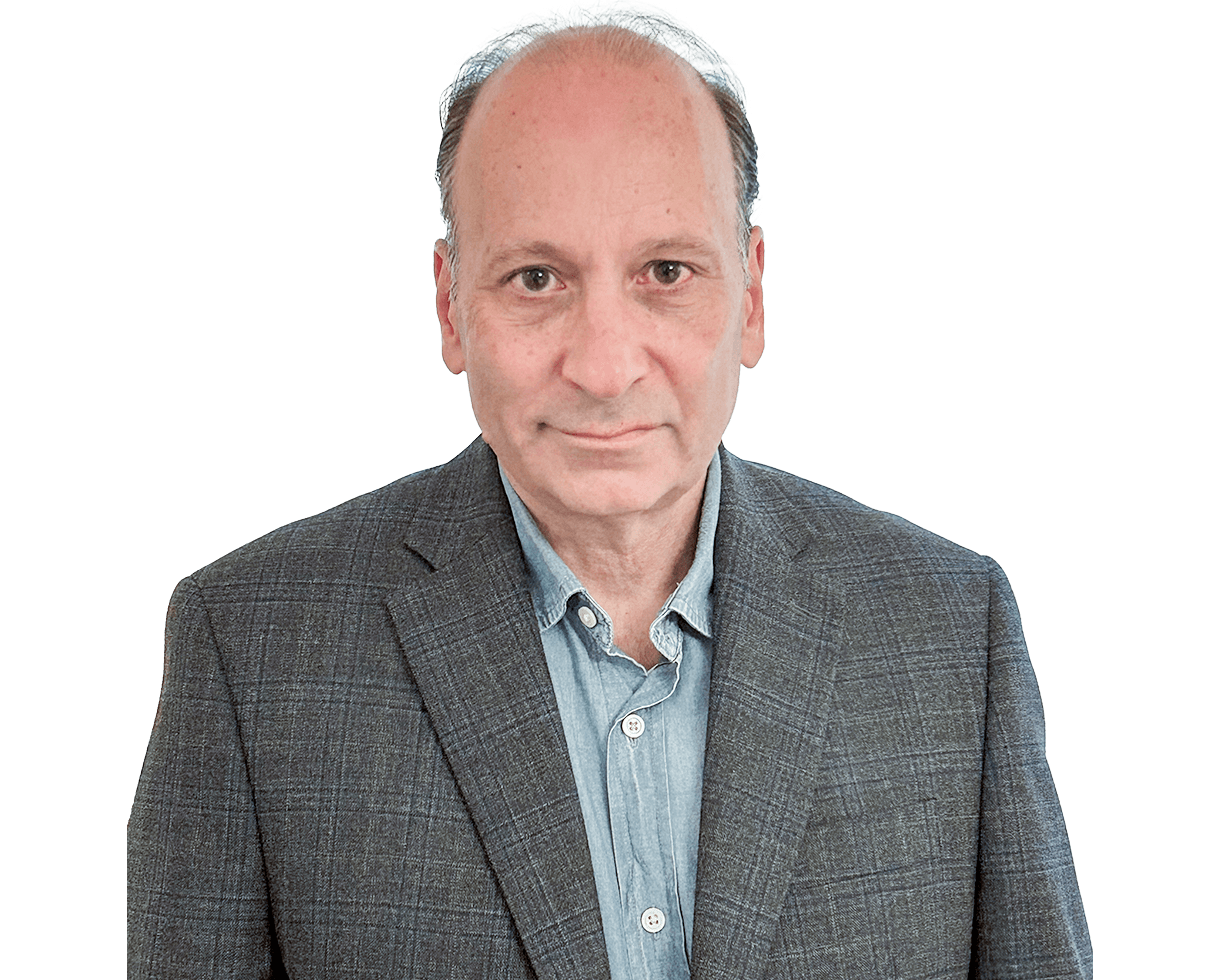October, 10 2022
Attorneys Spiro Bantis and Jan Duffalo of London Fischer LLP recently obtained partial summary judgment in the Eastern District of New York in a case involving additional insured (“AI”) coverage and the duty to defend.
The insurance coverage dispute arose out of an underlying action in which a construction worker alleged he was injured when he tripped over debris on the first floor of a construction site in Brooklyn at which he was working. The underlying plaintiff sued the Owner and the General Contractor, Promont, which in turn filed a third-party complaint against subcontractor CML. Promont and CML disputed which one of them employed the underlying plaintiff. After a hearing, the New York State Workers’ Compensation Board determined that CML was the employer.
London Fischer’s client U.S. Specialty Insurance Company (“USSIC”) insured Promont. The subcontract between Promont and CML required that CML obtain insurance naming the Owner and Promont as AI’s. It was undisputed that the Owner and Promont qualified as AI’s under CML’s policy with Hudson Excess Insurance Company (“Hudson”), but Hudson denied a duty to defend the Owner and Promont on two grounds: (1) the underlying plaintiff was injured on the first floor of the project while CML’s work was limited to the fourth floor, and (2) the underlying plaintiff was actually employed by Promont so his injuries were not caused, in whole or in part, by CML’s acts or omissions.
The Court rejected both of Hudson’s grounds for not defending the Owner and Promont. First, although the subcontract identified certain work to be done on the fourth floor, other items in the “scope of work” were not tied to any particular floor. Further, there was a “Change Order” indicating CML work on the first floor. Change Orders were supposed to be pre-approved. Despite no direct evidence that the Change Order was pre-approved, there was also no dispute that CML did the work and Promont paid CML for it. As a result, there was an inference that the Change Order was pre-approved.
On the issue of the underlying plaintiff’s employer, Hudson pointed to the fact that the underlying plaintiff testified at deposition that he was employed by Promont. The Court, however, noted that the WC Board found otherwise, i.e., that the underlying plaintiff was employed by CML. The Court therefore held that there was at least a reasonable possibility of coverage and Hudson had a duty to defend the Owner and Promont in the underlying action. The Court further found that Hudson’s coverage was primary and non-contributory for the Owner and Promont, and Hudson was obligated to reimburse USSIC for the costs it has incurred in defending the Owner and Promont.
The Court’s opinion reaffirms New York law on an insurer’s duty to defend, including the duty to defend additional insureds. The decision will be helpful for insurers of owners and general contractors seeking to enforce contractual obligations of subcontractors to provide additional insured coverage to owners and general contractors.


